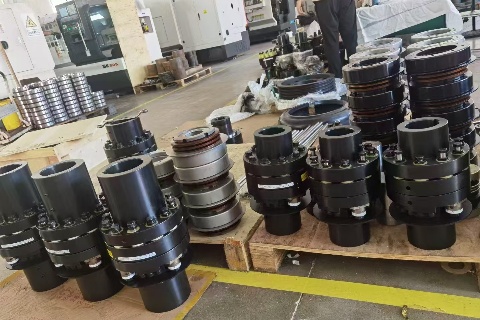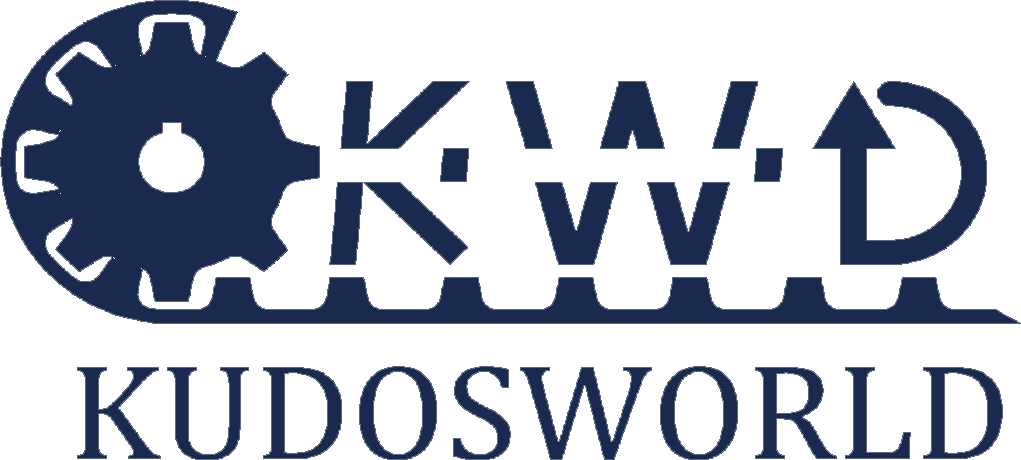
TORQUE LIMITERS: ESSENTIAL PROTECTORS OF MACHINERY AND ENGINEERING OPERATIONS
2024-08-13 15:00In the world of machinery and engineering, torque limiters might not be the most glamorous components, but they play a crucial role in protecting equipment and ensuring smooth operation. Let's delve into what safety couplings are, how they work, and why they're so important.
What is a Torque Limiter?
A torque-limiting system is a mechanical device designed to protect machinery from excessive torque—rotational force that could potentially cause damage or failure. In essence, it's a safety feature that prevents machines from operating beyond their designed limits. This is crucial in many applications where sudden or unexpected torque spikes can occur.
How Do Torque Limiting Clutches Work?
Imagine you’re driving a car and suddenly hit a patch of ice. The wheels might spin faster than you intend, risking damage to the drive train. In machinery, a similar situation can arise when there's a sudden overload. A safety coupling acts as a safeguard by disengaging or slipping when the torque exceeds a preset threshold.
Here’s a simplified breakdown of how they function:
1.Preset Threshold: The torque limiter coupling is calibrated to a specific torque value. When the machinery operates normally, it stays engaged and transmits power efficiently.
2.Torque Overload: When the torque surpasses the preset value, the limiter's mechanism activates. This might involve a slip or disengagement process where the torque limiter temporarily disconnects the driven component from the driving component.
3.Protection: By disengaging or slipping, the safety coupling prevents damage to other components of the machinery, such as gears, belts, or motors.
4.Re-engagement: Once the overload condition is resolved or the torque returns to normal levels, the torque-limiting system re-engages and the machine resumes normal operation.
Types of Torque Limiting Clutches
There are several types of torque limiter couplings, each suited to different applications:
Friction Torque Limiters: These use friction between surfaces to absorb excess torque. When torque exceeds the limit, friction causes slipping, thereby protecting the machinery.
Shear Pin safety couplings: These rely on a shear pin that breaks when torque exceeds the preset limit. The broken pin disconnects the drive, preventing further damage.
Spring-Loaded Torque-Limiting System: These use springs to absorb excess torque. When the torque exceeds the limit, the spring compresses, allowing for controlled slippage.
Why Are Torque Limiters Important?
1.Prevention of Damage: By protecting machinery from excessive torque, limiters extend the lifespan of equipment and reduce maintenance costs.
2.Safety: They help prevent catastrophic failures that could endanger operators or cause significant downtime.
3.Operational Efficiency: With torque limiting clutches in place, machinery can operate more smoothly, minimizing disruptions and ensuring consistent performance.

